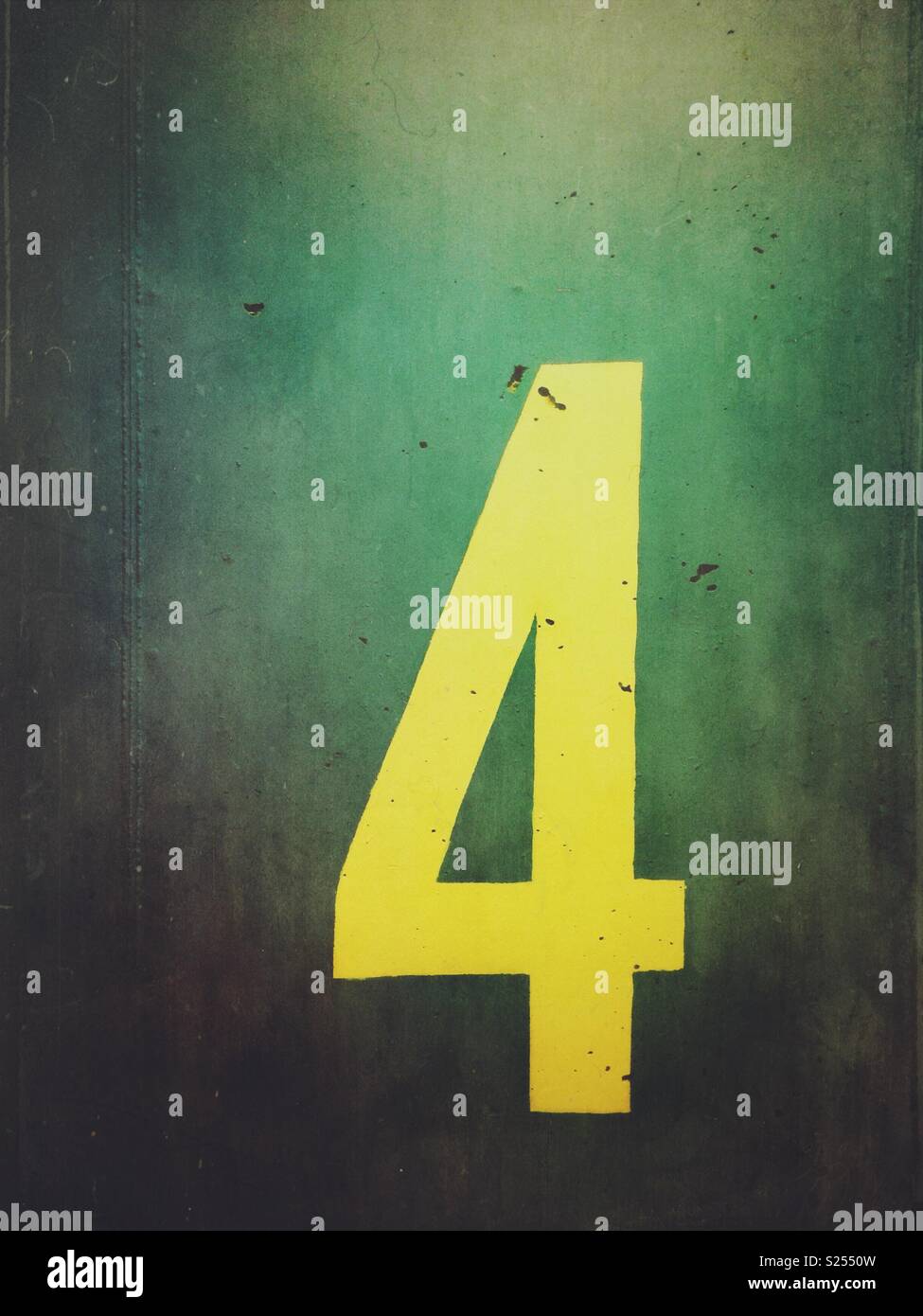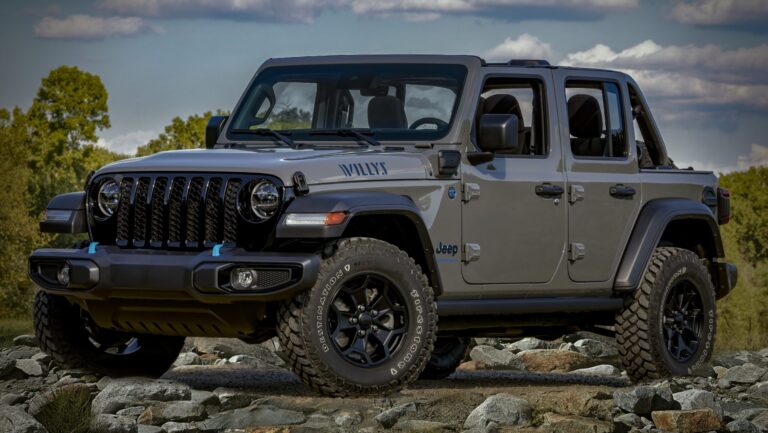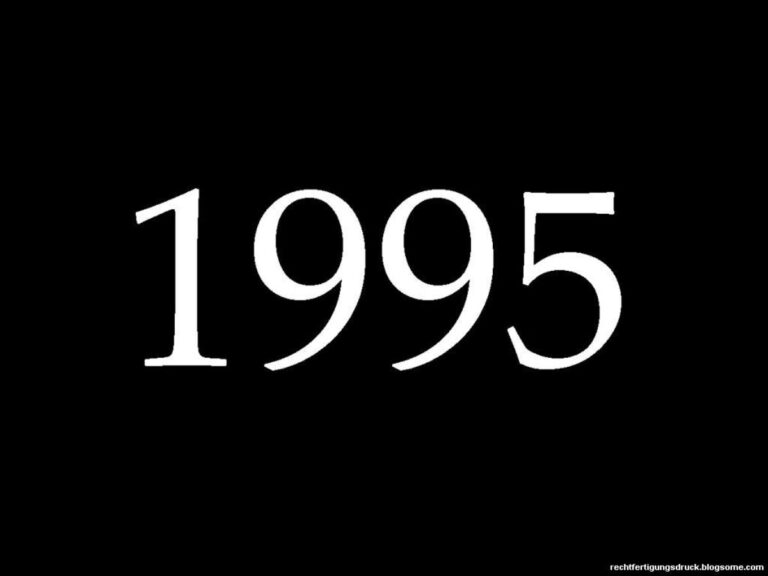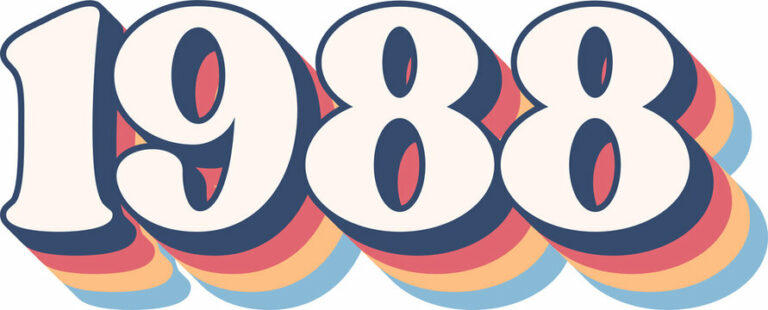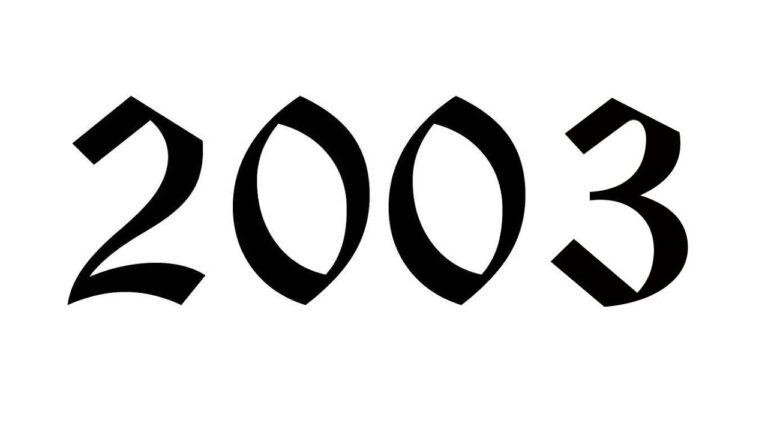4.0 Jeep Motor For Sale Near Me: Your Comprehensive Guide to Finding the Legendary Inline-Six
4.0 Jeep Motor For Sale Near Me: Your Comprehensive Guide to Finding the Legendary Inline-Six jeeps.truckstrend.com
The Jeep 4.0-liter inline-six engine is more than just a power plant; it’s a legend. Revered for its bulletproof reliability, impressive torque, and remarkable longevity, this engine powered a generation of iconic Jeeps, including the Cherokee XJ, Grand Cherokee ZJ/WJ, and Wrangler YJ/TJ. Even today, decades after its production ceased, the demand for this workhorse remains incredibly high among enthusiasts, restorers, and anyone needing a dependable replacement for their beloved Jeep. If you’re searching for a "4.0 Jeep motor for sale near me," you’re not alone. This comprehensive guide will walk you through everything you need to know, from understanding the engine’s appeal to locating, inspecting, and securing the perfect 4.0L for your needs.
Understanding the Legendary 4.0L Jeep Engine
4.0 Jeep Motor For Sale Near Me: Your Comprehensive Guide to Finding the Legendary Inline-Six
The 4.0-liter PowerTech I6 engine, produced by AMC and later Chrysler, is an overhead valve (OHV) straight-six known for its robust cast-iron block and cylinder head. Its simplicity and durable design made it an off-roader’s dream, capable of shrugging off neglect and delivering consistent performance in challenging conditions. With horsepower figures ranging from 170-190 hp and torque between 220-235 lb-ft (depending on the year and High Output/Non-High Output variants), it provided ample power for both daily driving and tackling trails.
The enduring popularity of the 4.0L stems from several key factors:
- Durability: Many 4.0L engines routinely exceed 200,000 to 300,000 miles with proper maintenance.
- Torque: Its long stroke design delivers excellent low-end torque, ideal for off-roading and towing.
- Simplicity: Fewer moving parts than V-configurations, making it easier to maintain and repair.
- Parts Availability: A vast aftermarket and salvage network ensures parts are readily available and affordable.
- Community Support: A massive online community offers endless resources, tips, and diagnostic help.

For these reasons, finding a "4.0 Jeep motor for sale near me" is often the preferred solution for those looking to keep their classic Jeeps running or to embark on a new restoration project.
Why Search "Near Me"? The Benefits of Local Sourcing
While online marketplaces offer a global reach, focusing your search for a 4.0L Jeep motor locally provides significant advantages that can save you time, money, and potential headaches:
- Reduced Shipping Costs: Shipping an engine is expensive. A local purchase eliminates or drastically reduces these costs, making the overall acquisition more economical.
- Personal Inspection: This is arguably the most critical benefit. You can physically inspect the motor for leaks, cracks, signs of overheating, and overall condition. A visual inspection, along with potentially performing a compression test (if the seller allows and the engine is accessible), offers peace of mind that photos simply cannot.
- Quicker Acquisition: No waiting for freight shipping. You can often pick up the engine the same day or within a few days of purchase.
- Supporting Local Businesses: Purchasing from local salvage yards or specialized shops helps your local economy.
- Easier Returns/Warranty Claims: If the engine comes with a limited local warranty or guarantee, resolving issues is much simpler with a local seller.
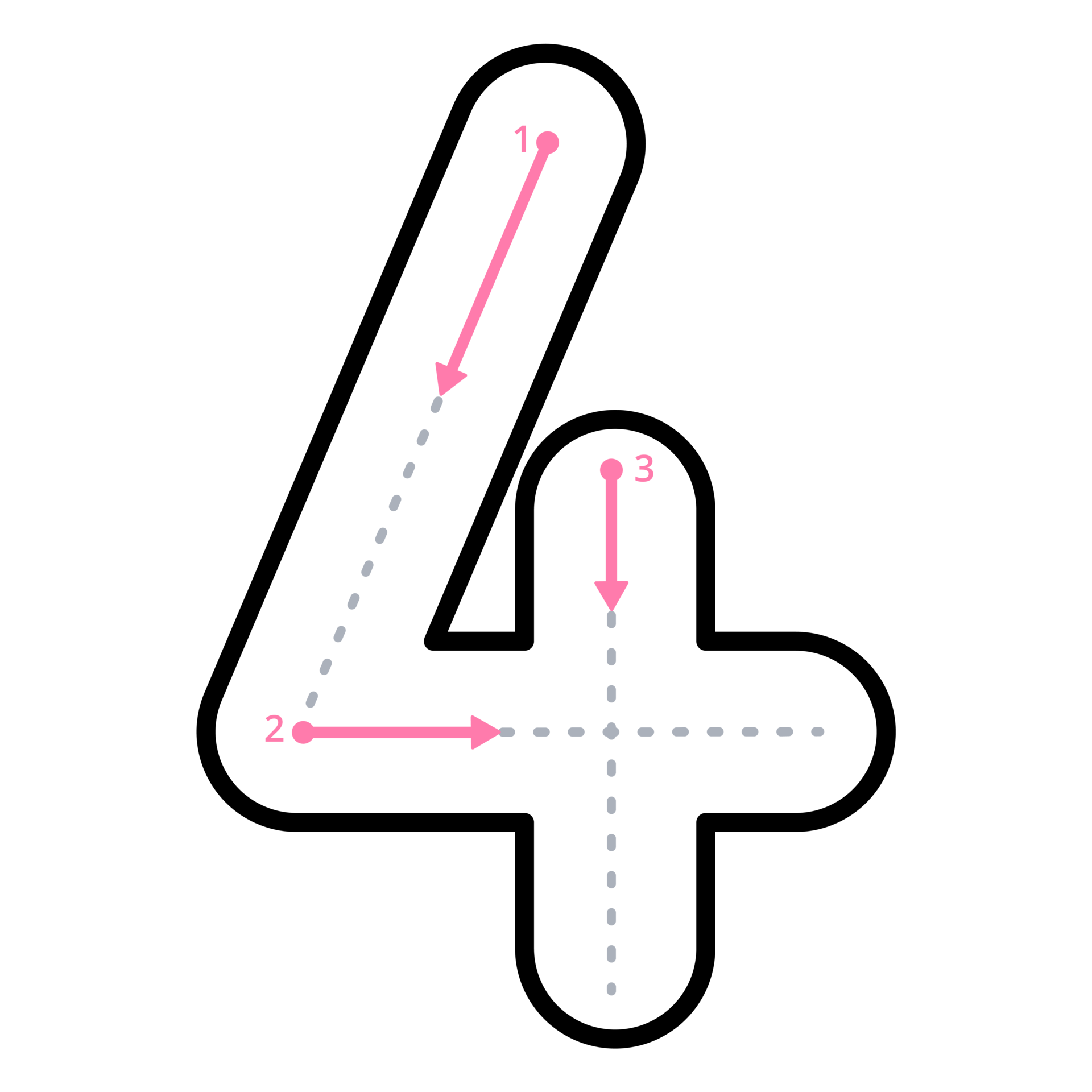
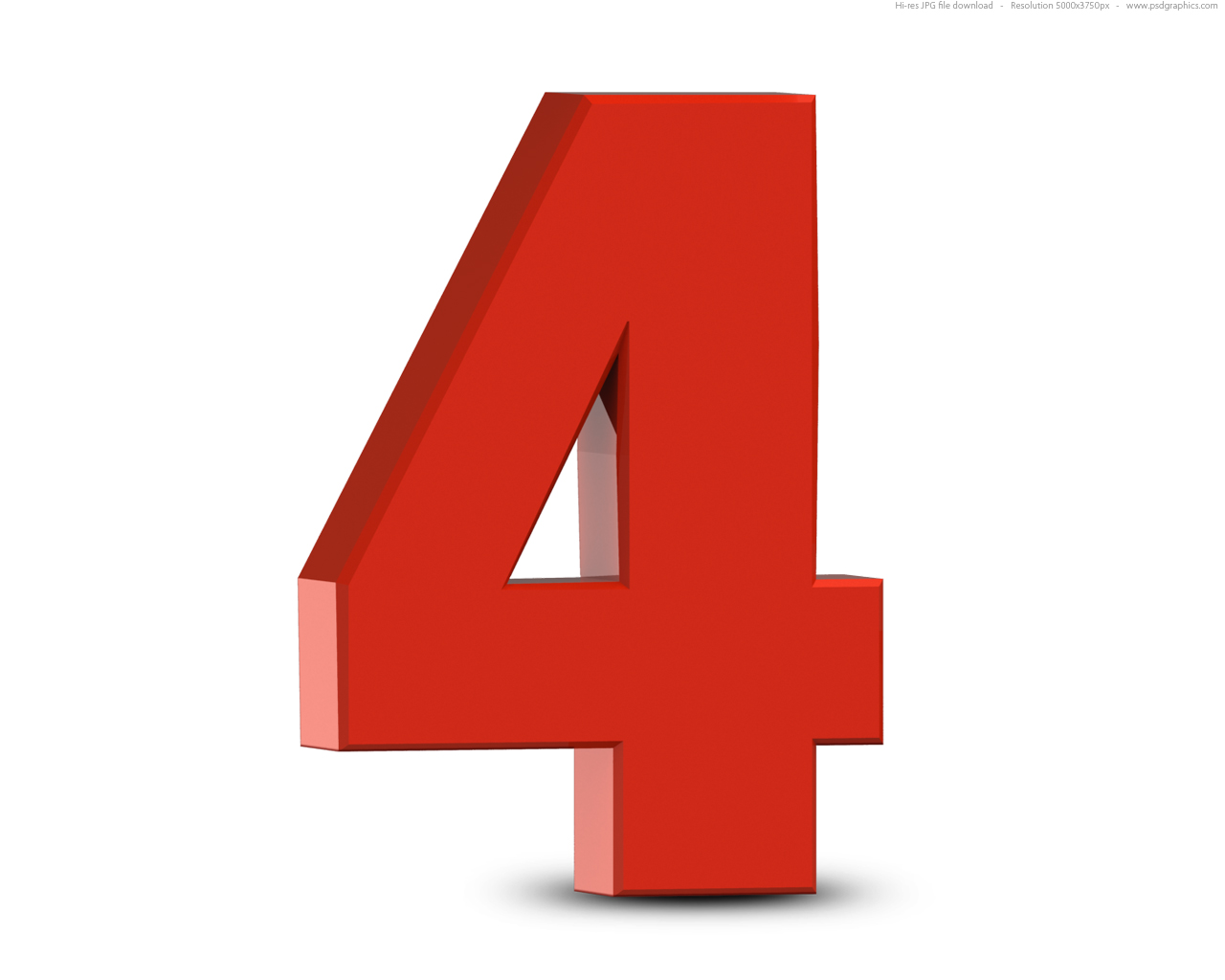
Where to Find a 4.0 Jeep Motor Near You
Finding a 4.0L motor locally requires a strategic approach. Here are the best avenues to explore:
- Local Salvage Yards & Auto Recyclers: This is often your best bet for finding used engines at competitive prices. Many yards specialize in certain makes or models, and a Jeep-focused yard might be a goldmine.
- How to Search: Use online directories like Car-Part.com, LKQ Pick Your Part, or simply Google "auto salvage near me" or "Jeep junkyard [your city/state]". Call ahead to check their inventory for 4.0L engines, their condition, and pricing.
- Specialized Jeep Part Dealers: Some businesses focus exclusively on used or remanufactured Jeep parts. They often pull, clean, and test engines, sometimes offering limited warranties. These tend to be slightly more expensive than a raw junkyard pull but offer more assurance.
- How to Search: Google "Jeep parts near me," "Jeep engine specialists," or "used Jeep engines [your city]".
- Online Marketplaces with Local Filters: Platforms like Craigslist, Facebook Marketplace, and OfferUp allow you to filter results by distance.
- Tips: Use keywords like "Jeep 4.0 engine," "XJ engine," "TJ motor," etc. Be prepared to ask detailed questions and arrange an in-person viewing. Scammers can exist, so always meet in a public place and inspect thoroughly.
- Local Auto Parts Stores (Remanufactured): Major auto parts chains (AutoZone, O’Reilly, Advance Auto Parts) often partner with remanufacturers to sell rebuilt engines. While not "used," these are often available for local pickup or quick delivery to the store. They come with warranties but are significantly more expensive.
- Mechanics & Repair Shops: Your local trusted mechanic or a shop specializing in Jeeps might have connections to suppliers or even a spare engine from a recent swap. It never hurts to ask.
- Local Jeep Clubs & Forums: Connect with local Jeep enthusiasts. They might know someone selling an engine, have one themselves, or can point you to reputable local sources. Many clubs have "for sale" sections on their forums or Facebook groups.
What to Look For When Inspecting a Used 4.0L Motor
A thorough inspection is paramount when buying a used engine. Don’t rush this step.
- Visual Inspection:
- Leaks: Check for oil, coolant, or fuel leaks around gaskets, seals, and hoses.
- Cracks: Inspect the block and cylinder head for any visible cracks, especially around freeze plugs and exhaust ports.
- Signs of Overheating: Look for discolored paint, warped components, or excessive rust/corrosion in the cooling system.
- Oil Fill Cap & Dipstick: Check for milky residue (sign of coolant in oil) or excessive sludge.
- Valve Cover: Look for signs of excessive oil leaks or previous repairs.
- Accessories: Note what accessories are included (alternator, power steering pump, AC compressor) and their condition.
- Mileage and History: Ask the seller for the VIN of the donor vehicle if possible. This can sometimes help you look up its maintenance history. Inquire about why the engine was removed.
- Compression Test: If the engine is still in the vehicle or can be hooked up to a battery and turned over, a compression test is the most reliable indicator of internal health. All cylinders should have consistent readings within 10-15% of each other.
- Oil Condition: If the engine has oil, check its color and consistency. Black, sludgy oil indicates poor maintenance. Metal flakes are a red flag.
- Crankshaft Play: If accessible, try to feel for excessive play in the crankshaft (front to back or up and down).
- Spark Plugs: If you can remove a spark plug, its condition can tell you a lot about combustion.
Types of 4.0L Motors and Their Considerations
When searching, you’ll encounter different "types" of 4.0L engines:
- Used/Salvage: These are engines pulled directly from donor vehicles. They are the most common and generally the cheapest option when searching "near me." Their condition varies wildly, from low-mileage gems to high-mileage runners or cores.
- Rebuilt/Remanufactured: These engines have been disassembled, inspected, cleaned, and had worn components (bearings, rings, gaskets, seals) replaced. The block and head are often machined. They typically come with a warranty (e.g., 1-3 years) and are a more reliable, but significantly more expensive, choice.
- Crate Engines: While rare for the stock 4.0L, some specialized manufacturers offer brand-new, often performance-enhanced, 4.0L engines. These are the most expensive option and usually not found "near me" in a local pick-up scenario.
- High-Output (HO) vs. Non-HO: The 4.0L evolved over its production run. Earlier models (pre-1991) were Non-HO, while later ones (1991-2006) were High Output. HO engines typically have a different head design, intake manifold, and fuel injection system, offering more power. While many components are interchangeable, ensure you understand the differences if swapping between HO and Non-HO vehicles, as wiring and sensor compatibility can be an issue.
Practical Advice for a Successful Purchase
- Set a Realistic Budget: Beyond the engine cost, factor in potential shipping (if any), accessories (if not included), fluids, gaskets, and professional installation if you’re not doing it yourself.
- Ask Lots of Questions: Don’t be shy. Inquire about the donor vehicle’s mileage, any known issues, the reason for removal, and what’s included with the engine.
- Bring a Knowledgeable Friend: A second set of eyes, especially someone familiar with engines, can be invaluable during inspection.
- Negotiate: Especially with salvage yards or private sellers, there’s often room for negotiation.
- Get a Bill of Sale: Always get a written bill of sale that includes the seller’s information, the engine’s details (VIN if applicable), and the purchase price. This protects both parties.
- Consider Installation: Do you have the tools and expertise for a DIY swap, or will you need to factor in professional installation costs? Get quotes in advance.
Potential Challenges and Solutions
- Finding a "Good" One: Not all used engines are created equal. Patience is key. If your initial local search doesn’t yield a promising candidate, broaden your search radius slightly.
- Unknown History: This is the biggest risk with used engines. Mitigate this by thorough inspection, asking questions, and if possible, seeing the engine run or performing a compression test.
- Compatibility Issues: While the 4.0L is generally robust, sensor locations, accessory mounts, and ECU compatibility can vary slightly between model years (e.g., ’99-04 Grand Cherokee vs. ’97-01 Cherokee XJ). Research your specific vehicle’s requirements.
- "Lemon" Purchase: Despite best efforts, sometimes a used engine has hidden issues. This is where a bill of sale, and any limited warranty from a reputable seller, can offer some recourse. However, used engines are often sold "as-is."
4.0 Jeep Motor For Sale Near Me: Estimated Price Table
Prices for a 4.0L Jeep motor can vary significantly based on condition, type (used vs. rebuilt), included components, and the seller. This table provides a general estimate for what you might encounter when searching "4.0 Jeep motor for sale near me."
| Motor Type | Condition | Included Components | Estimated Price Range (USD) | Notes |
|---|---|---|---|---|
| Used/Salvage | Core | Long Block (for rebuilding) | $100 – $350 | Often seized, damaged, or very high mileage. No warranty. Buyer beware. |
| Fair | Long Block (basic engine) | $400 – $800 | Pulled from a running vehicle, but mileage and history often unknown. Expect some leaks/wear. No warranty or very limited. | |
| Good | Long Block (tested/lower mi) | $800 – $1,500 | Tested, relatively lower mileage (under 150k), minimal leaks. May come with a short-term (e.g., 30-90 day) warranty from a yard. | |
| Excellent | Complete (w/ some acc.) | $1,200 – $2,000+ | Low mileage, very clean, may include some accessories (alternator, P/S pump). Rare to find. Limited or no warranty. | |
| Rebuilt/Remanufactured | Excellent | Long Block | $1,800 – $2,800 | All wear components replaced, machined, tested. Typically 1-3 year warranty. Core charge usually applies. |
| Excellent | Complete (w/ most acc.) | $2,500 – $3,800+ | Ready to install, includes most necessary accessories. Longer warranties often available. Core charge applies. | |
| New (Crate Engine) | Brand New | Complete | $4,000 – $6,000+ | Extremely rare for stock 4.0L; usually high-performance aftermarket versions. Full manufacturer warranty. |
Note: Prices are estimates and can vary based on location, seller, market demand, and the specific year/variant of the 4.0L engine.
Frequently Asked Questions (FAQ) about 4.0 Jeep Motors
Q: What Jeep models used the 4.0L engine?
A: The 4.0L inline-six was used in the Jeep Cherokee XJ (1987-2001), Grand Cherokee ZJ (1993-1998) and WJ (1999-2004), and Wrangler YJ (1991-1995) and TJ (1997-2006).
Q: What’s the difference between a High Output (HO) and Non-High Output (Non-HO) 4.0L?
A: The HO 4.0L (introduced in 1991) features a different cylinder head, intake manifold, and fuel injection system, resulting in slightly more horsepower and torque than the earlier Non-HO versions. While the blocks are similar, swapping between HO and Non-HO vehicles requires attention to wiring, sensors, and sometimes the ECU.
Q: Can I install a 4.0L engine myself?
A: If you have significant mechanical experience, the right tools (engine hoist, stand), and a service manual, a DIY swap is possible. However, it’s a complex job. If unsure, professional installation is recommended.
Q: What’s a fair price for a used 4.0L?
A: As per the table above, a "fair" price for a good used 4.0L long block (tested, running condition, under 150k miles) typically ranges from $800 to $1,500. Lower prices may indicate higher mileage, unknown condition, or a core engine.
Q: Do I need a specific year 4.0L motor for my Jeep?
A: While many parts are interchangeable, sensor locations, accessory mounts, and wiring harness connectors can vary slightly between specific year ranges (e.g., pre-1996 vs. 1996+, or OBD1 vs. OBD2). It’s generally best to find an engine from the same or very close model year range as your vehicle to minimize compatibility issues.
Q: What’s the typical lifespan of a 4.0L?
A: With proper maintenance, it’s common for 4.0L engines to exceed 200,000 to 300,000 miles. Many are still running strong well beyond that.
Q: Is it worth rebuilding my current engine instead of buying a used one?
A: If your current engine’s block and head are in good condition (no cracks, excessive wear), a rebuild can be a great option. It ensures you know the exact condition of every component and results in an engine that’s essentially new. However, it’s often more expensive and time-consuming than a used engine swap. It’s an excellent choice for a long-term restoration or if you want a truly "new" lease on life for your Jeep.
Conclusion
The 4.0L Jeep engine stands as a testament to robust engineering and enduring popularity. For those seeking to revive their beloved Jeep, finding a "4.0 Jeep motor for sale near me" offers the most practical and often the most economical path forward. By understanding the engine’s legacy, knowing where to look locally, and performing a diligent inspection, you can confidently acquire a reliable heart for your Jeep. With patience and an informed approach, you’ll soon have that legendary inline-six roaring back to life, ready for many more miles of adventure on and off the road.

